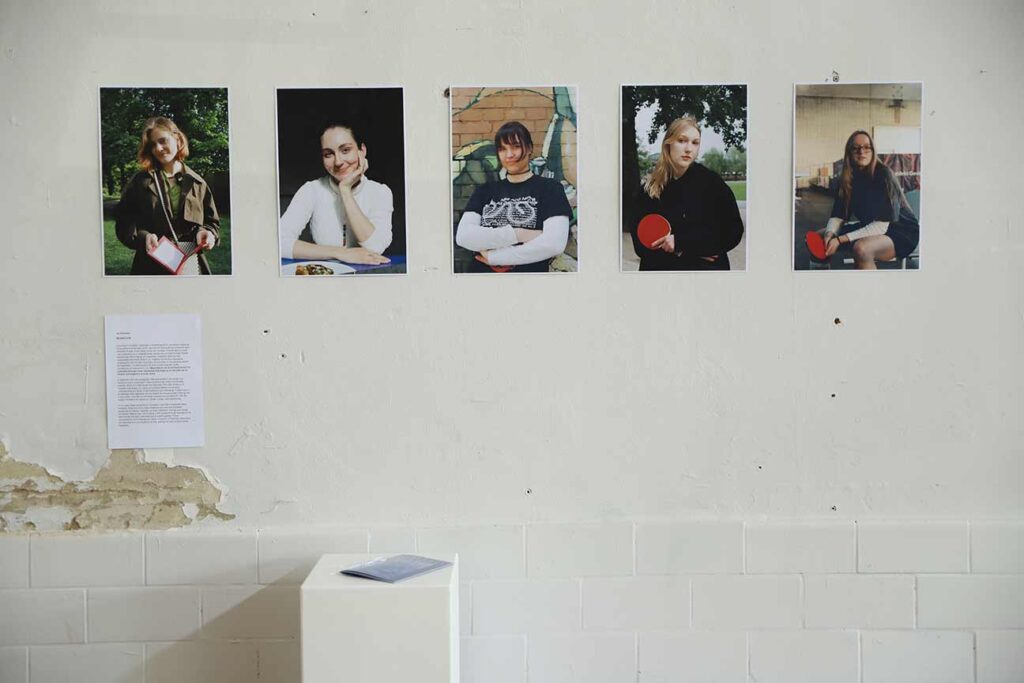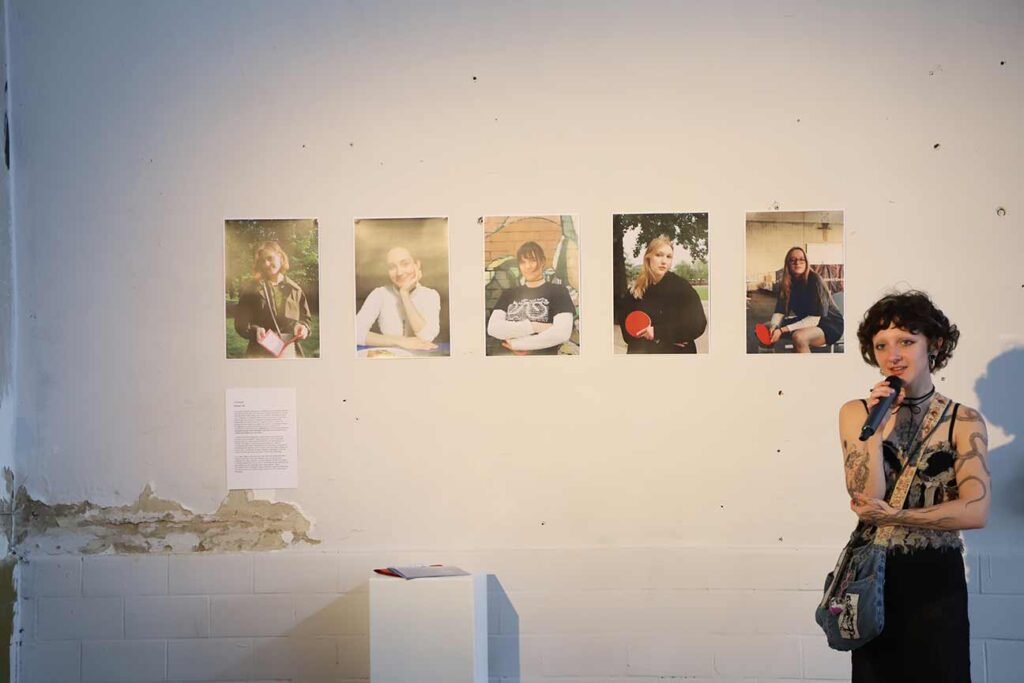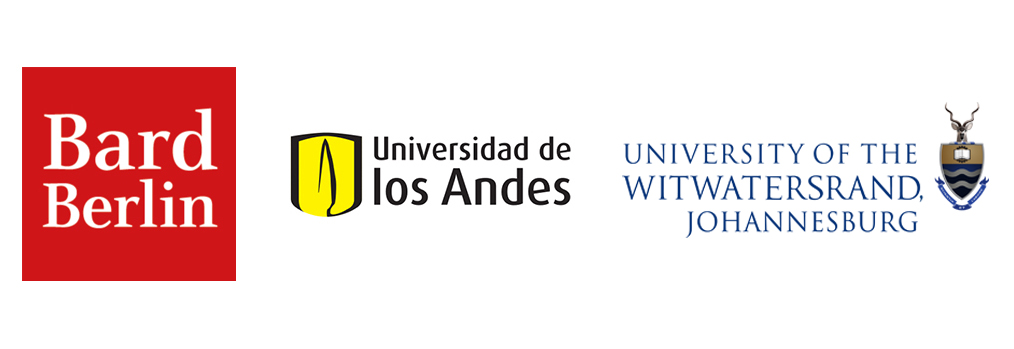Jay Nidzelska
Shared Life
2024, Bard College Berlin
According to Aristotle, happiness is something that is conceived roughly as living well and doing well, which requires not merely ethical virtues but also activities through which these virtues will manifest. Friends play a crucial role in assisting us to integrate these virtues into our lives through shared experiences, thus making our happiness inherently relational and inseparable from those close to us. Together this forms a shared life, enlarging the self through meaningful attachments. In my personal search for happiness, I’ve discovered that what is most important is the connections to those around me. Happiness is not to be found alone; it’s cultivated through close friendships that keep us on the path we’ve chosen and support our inner peace.
In alignment with this perspective, Monique Sheer in her article “Are emotions a kind of practice?” views emotions as a kind of embodied practice, which is in itself social and historical. This view invites us to consider how deeply our social environment affects our general understanding and sense of self-fulfillment and well-being. Furthermore, it emphasizes that happiness can be viewed as not just a state of being, but a way of life—one that we can keep ourselves accountable for, with the support of others who share our values, morals, and experiences.
In my case, these connections have been most often forged with other refugees, those who know what resilience and exile are and what paragraph 24 means. Together, our lives intertwine, forming one closely connected network that I aim to bring to the surface through portraits of my dear friends and short interviews we’ve made together. These conversations hold a therapeutic value—moments of listening, responding, and learning from one another’s stories, guiding my own journey toward happiness.



